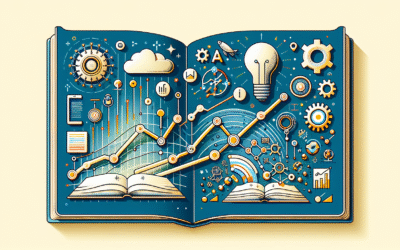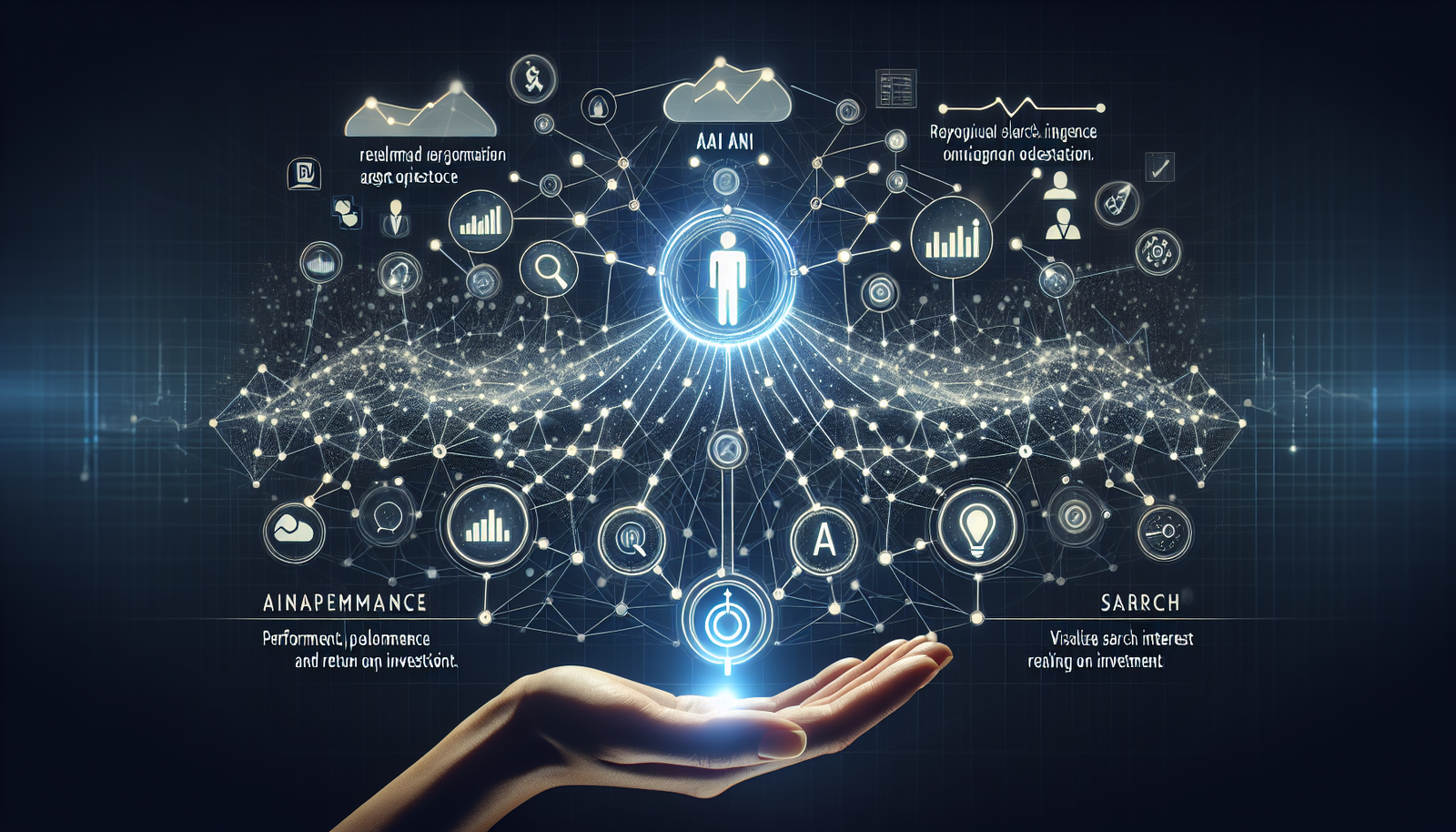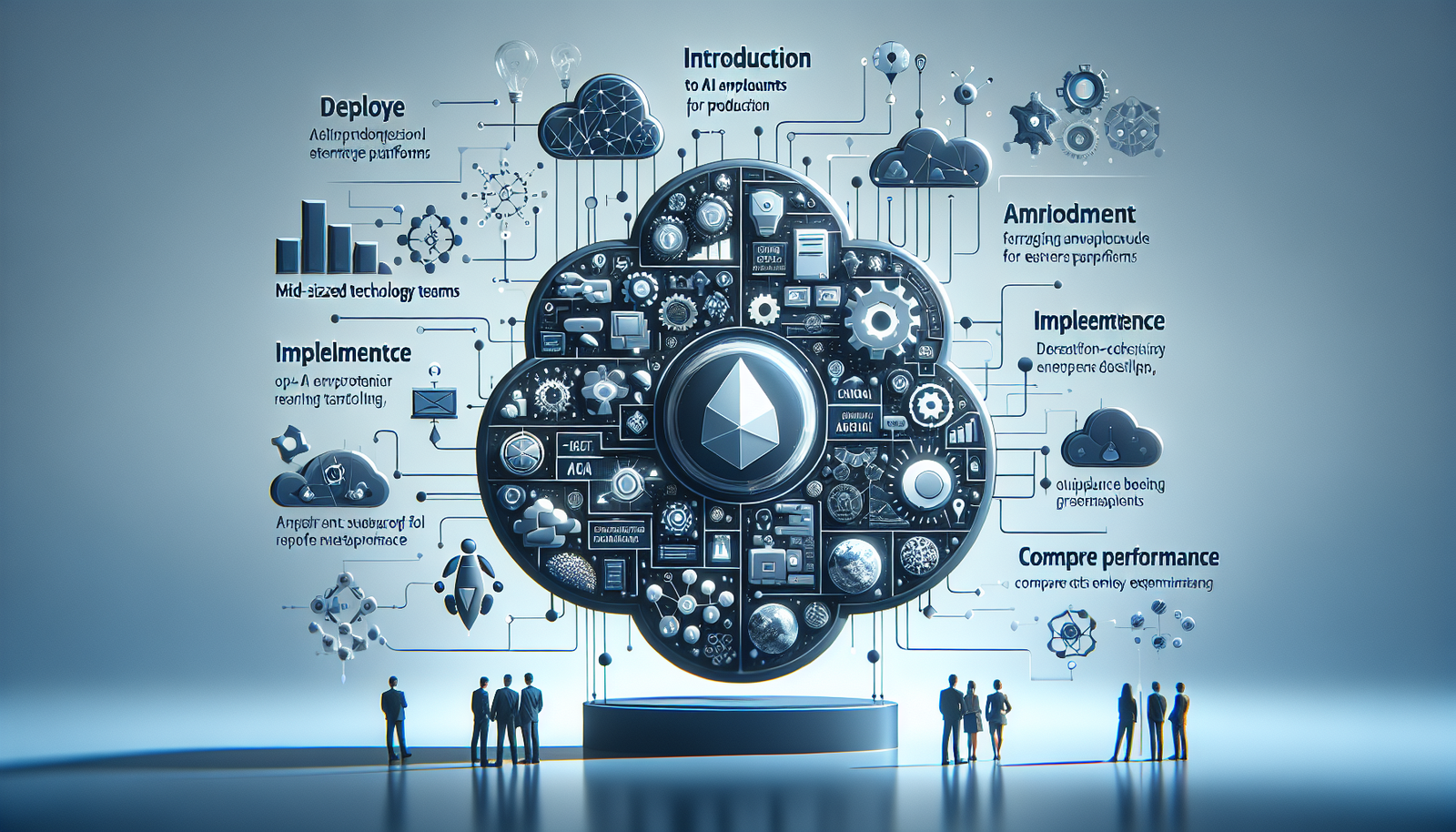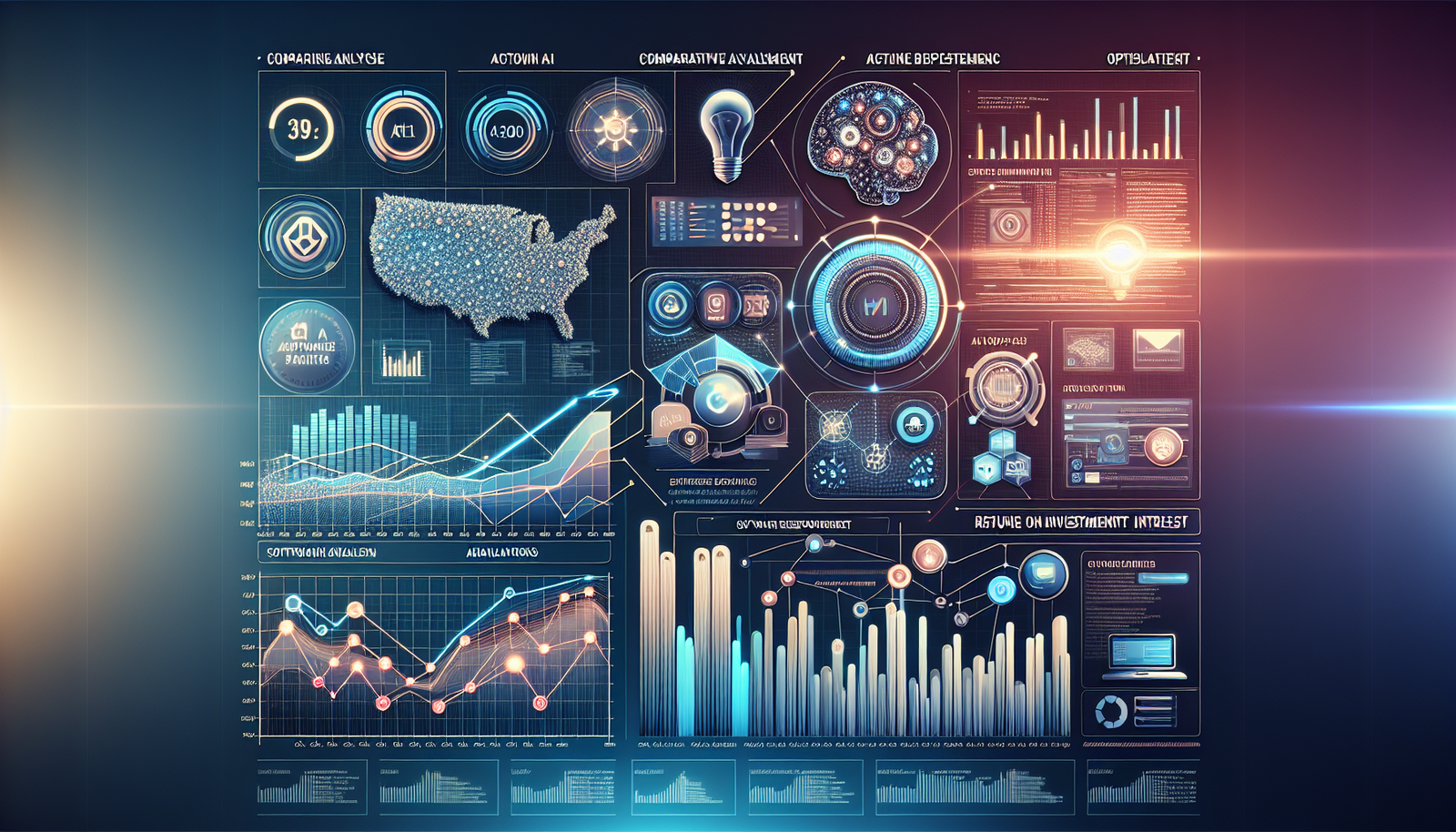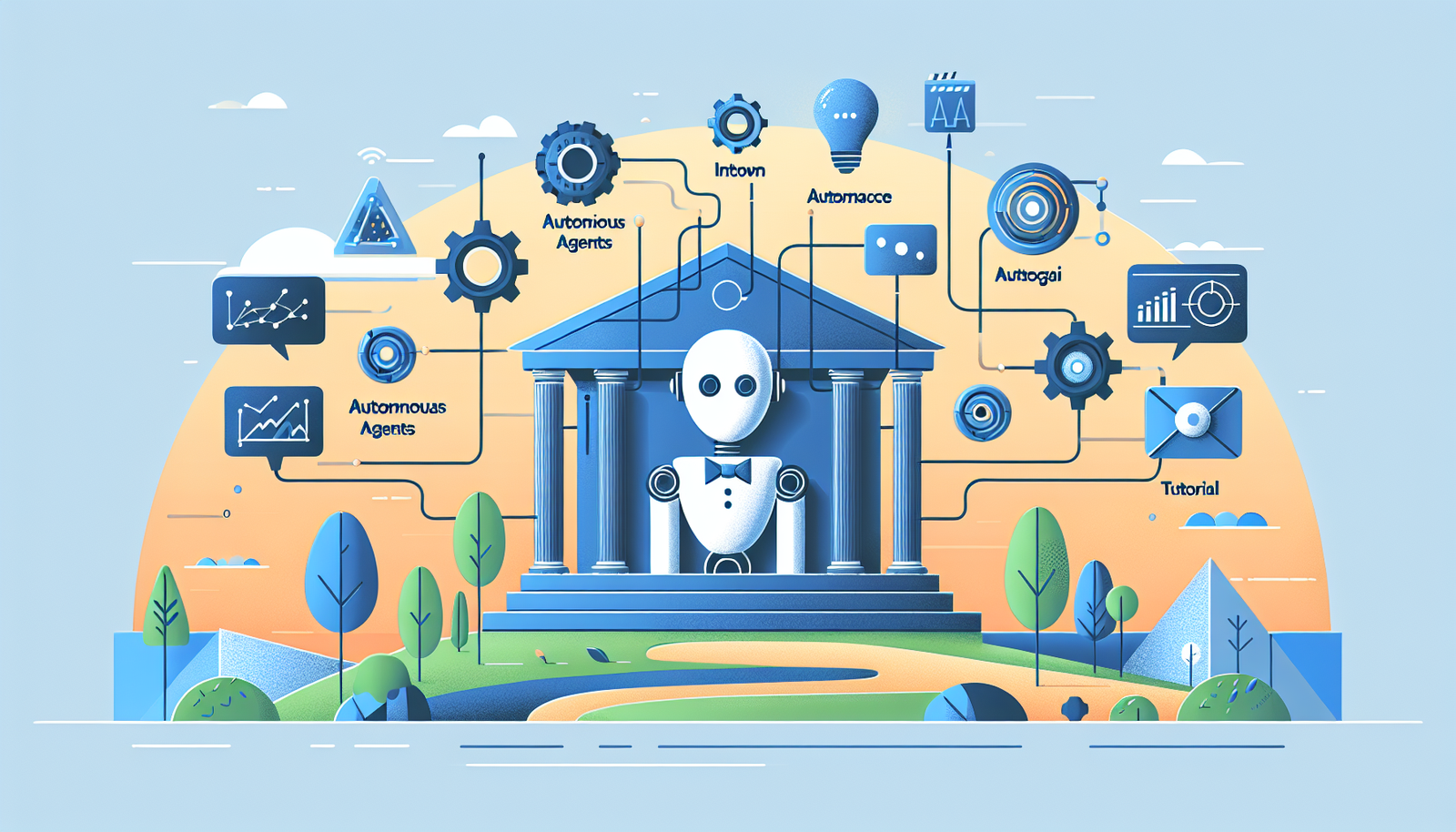Introduction: Best AI Agent Frameworks for Enterprise in 2025
As large language models (LLMs) continue to reshape how enterprises operate, agent frameworks have emerged as essential infrastructure for orchestrating intelligent workflows. In 2025, selecting the best AI agent framework for enterprise use becomes critical for teams building scalable, secure, and audit-ready AI systems.
Enterprise demand for agentic AI systems is rising. According to Gartner, 40% of enterprise applications will embed LLM-driven agents by 2026, performing tasks that range from customer service to internal process automation. Platforms like LangChain and AutoGen have taken center stage, enabling business users and developers to harness autonomous reasoning within complex operational contexts.
Why AI Agents Matter for Enterprise Automation
AI agents are not just chatbot extensions—they are adaptive entities that can interpret goals, plan multistep actions, and execute them autonomously. For enterprise solutions, this translates into efficiencies across customer support, RPA, knowledge management, and beyond.
Key Criteria for Enterprise AI Agent Frameworks
Security, Observability, and Compliance
Enterprise-grade frameworks must support secure deployments. Look for role-based access control (RBAC), logging for audit trails, and encryption. Observability is paramount—frameworks like AutoGen offer detailed traceability of agent behaviors for compliance reporting.
Multi-Agent Support and Scalability
More advanced solutions go beyond single-agent prompts. Multi-agent collaboration enables specialization and redundancy. Microsoft’s AutoGen allows agents to challenge and cross-verify outputs, improving reliability for high-stakes tasks.
Integration with LLMs, APIs, and Data Sources
Enterprises often require hybrid or custom LLM setups. Leading frameworks connect to OpenAI, Azure, Anthropic, and OSS options like Falcon. Seamless API integration with CRMs and data stores accelerates time to value.
Top AI Agent Frameworks to Consider
LangChain and LangGraph: Orchestration at Scale
LangChain is the most widely adopted orchestration library, powering dynamic chains of LLM interactions. LangGraph, built atop LangChain, introduces event-driven reasoning and is ideal for long-lived agents and asynchronous workflows. Pros:
- Robust ecosystem (tools, memory, vector stores)
- Flexible agent types and routing
- Open-source and enterprise options available
AutoGen by Microsoft: Multi-Agent Collaboration
AutoGen focuses on role-specific agents communicating and debating with one another. It supports human-in-the-loop supervision, API-over-function wrappers, and structured workflows. Hugely valuable for regulated industries needing tight governance.
CrewAI and MetaGPT: Emerging Modular Frameworks
Open-source newcomers like CrewAI simulate role-based collaboration. MetaGPT structures code generation and planning as a team-based software process, ideal for engineering-centric deployments. These rapidly evolving projects benefit from GitHub community growth and quick iteration cycles.
GuardrailsAI: Safety-First Agent Design
If your enterprise prioritizes ethical and safe AI behavior, GuardrailsAI allows you to encode constraints and validation logic to govern LLM responses and actions. It integrates with LangChain and OpenAI APIs to enforce guardrails.
How to Choose the Right Framework for Your Stack
Cloud-Native vs Self-Hosted Deployment
Self-hosted frameworks (LangChain, AutoGen) offer more control. If governance or latency is a concern, opt for frameworks you can deploy in your own VPC. For POCs, cloud-based agents can accelerate experimentation.
Evaluating Community, Documentation, and Support
Active GitHub repos, regular release cycles, Slack/Discord communities, and corporate backing improve maintainability and troubleshooting. LangChain and AutoGen both have strong enterprise and open source traction.
Cost Considerations in Enterprise Settings
While most frameworks are open source, running LLMs at scale incurs cost. Look for frameworks that can batch requests, cache responses, or integrate efficient LLMs like Claude Instant or Cohere Command-R. LangChainHub offers pre-built templates to reduce build costs.
Conclusion: Setting Your Enterprise Up for Agentic AI Success
AI agents will become integral to enterprise workflows by 2025. The best frameworks—be it LangChain, AutoGen, or newer entrants—enable scalable, modular, and compliant deployment of LLM-powered behavior. Begin with use-case-aligned POCs and invest in observability and safety to future-proof agent adoption.
FAQs About AI Agent Frameworks
What are AI agents in enterprise applications?
AI agents are software entities powered by LLMs that can autonomously interpret instructions, plan actions, and interact with APIs or humans to complete tasks across business domains.
Is LangChain suitable for large-scale enterprise use?
Yes, LangChain is highly extensible with critical tooling like LangGraph and integrates with major LLMs and vector stores. However, engineering resources are needed for customization and deployment.
What makes AutoGen different from other frameworks?
AutoGen emphasizes multi-agent collaboration, role-based interactions, and secure deployment, making it ideal for regulated or mission-critical enterprise environments.
Focus Keyword: best AI agent framework for enterprise

